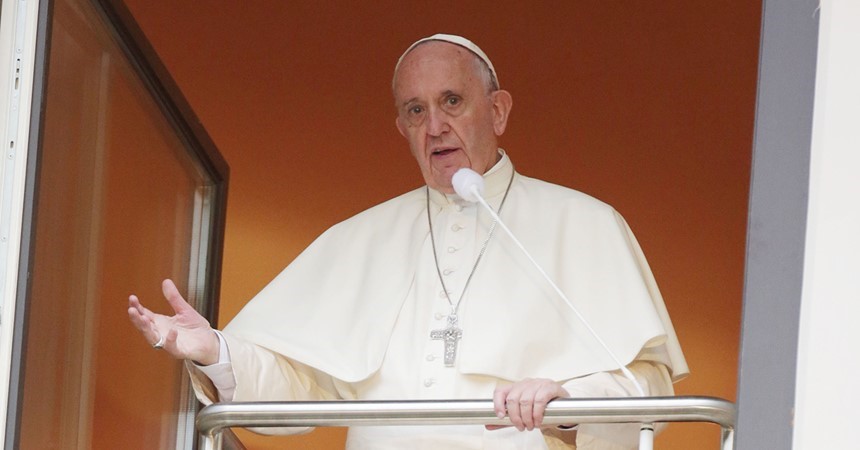CathNews reported that Pope Francis began by welcoming to the Vatican more than 250 priests, Bishops and Cardinals, along with 34 young Catholics to a month long meeting on ministering to future generations.
He asked young and old to listen to each other without prejudice and urged the Synod Bishops, many of whom are in their 60’s and 70’s, to abandon attitudes of “self-preservation and self-centredness”. He said this would enable them to avoid falling into moralistic or elitist postures, a key element of clericalism.
In another report from the Daily Mail, the Pope said: “The church must not allow itself, from one generation to the next, to be extinguished or crushed by the prophets of doom and misfortune, by our own shortcomings, mistakes and sins,” Pope Francis said.
While not mentioning abuse directly during his homily, he has previously attributed abuse to clericalism. In a letter to all Catholics earlier this year, Pope Francis said clericalism was a ‘scourge’ that had allowed abuse to flourish in the church. “Clericalism fosters every form of abuse,” he wrote in August. “To say no to abuse is to say no to all forms of clericalism.”
The Royal Commission Into Institutional Responses to Child Sexual Abuse also cited clericalism as a key factor in the proliferation of abuse. “Clericalism is linked to a sense of entitlement, superiority and exclusion, and abuse of power,” The Royal Commission report stated.
Australian Catholic Bishops Conference President Archbishop Mark Coleridge of Brisbane said ending clericalism would not be easy and it was important positive church practices were not lost while tackling the negative aspects of clericalism.
In a report published by Crux, Bishop Coleridge told the Catholic News Service: “In seeking to combat clericalism, we need to be careful not to throw the baby out with the bath water. Clearly, it requires a radical revision of how we recruit and prepare candidates for ordination, “he said.
“Much has changed in our seminaries, but one has to wonder whether seminaries are the place or way to train men for the priesthood now.”
Archbishop Coleridge said initiating a change in the culture of the Catholic priesthood was certainly necessary but that was more easily said than done.
“Part of that change will involve proper professional supervision for the sake of greater accountability, but also a greater sharing of responsibility with laypeople - which in turn requires a reconsideration of our structures of decision-making.”
Former member of the Pontifical Commission for the Protection of Minors and abuse survivor, Marie Collins welcomed the Pope’s attempt to end clericalism.
In a report by the Catholic News Service, Ms Collins said: “The condemnation of clericalism in the letter is good to see, as it plays a big part in the ignoring of the laity, survivors and experts"
“It gives rise to the ease with which church leaders can feel comfortable protecting fellow clerics despite their crimes against children.”
It is clear ending centuries of clericalism will not be easy but as Pope Francis said yesterday, the church must broaden its horizons and avoid a conformist mentality of “it’s always been done like this," according to a report by the Catholic News Agency.
